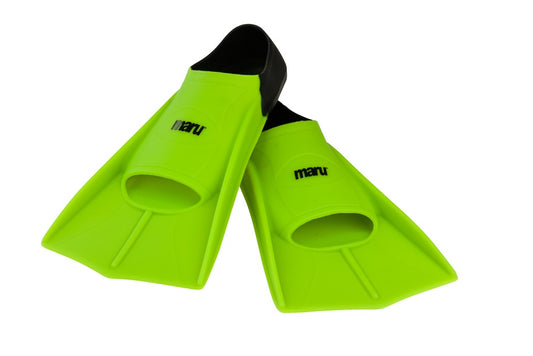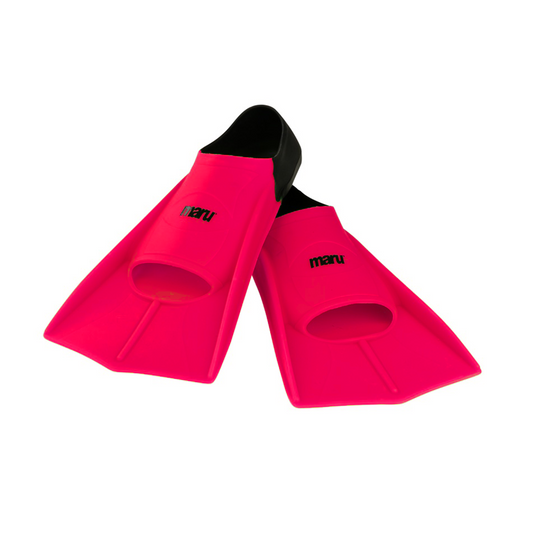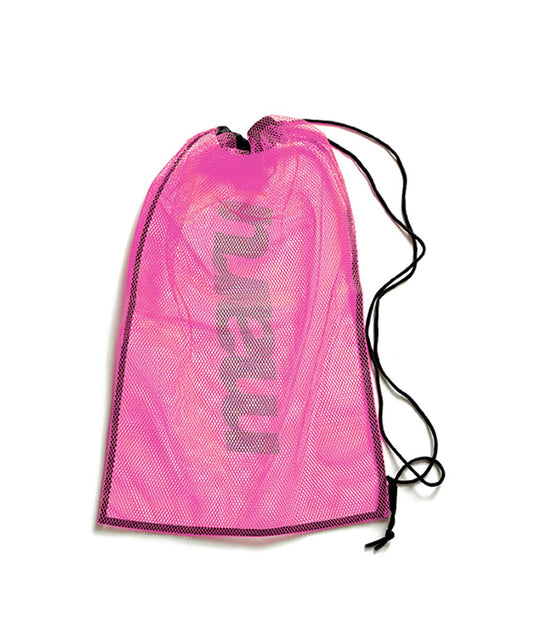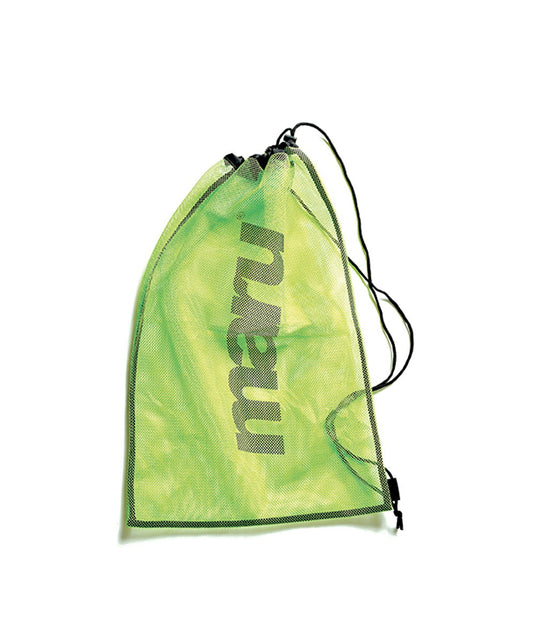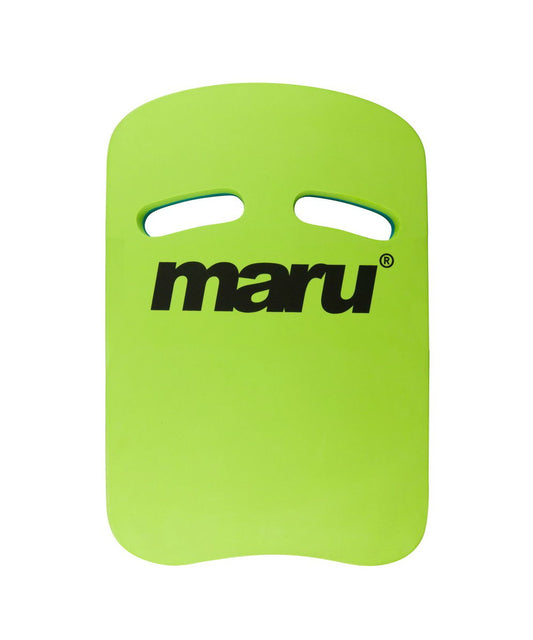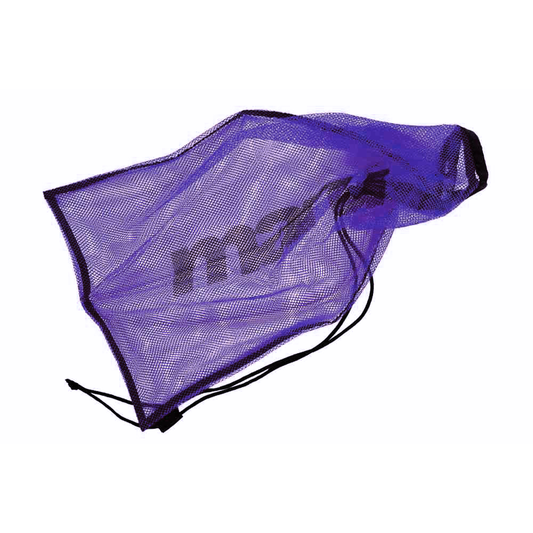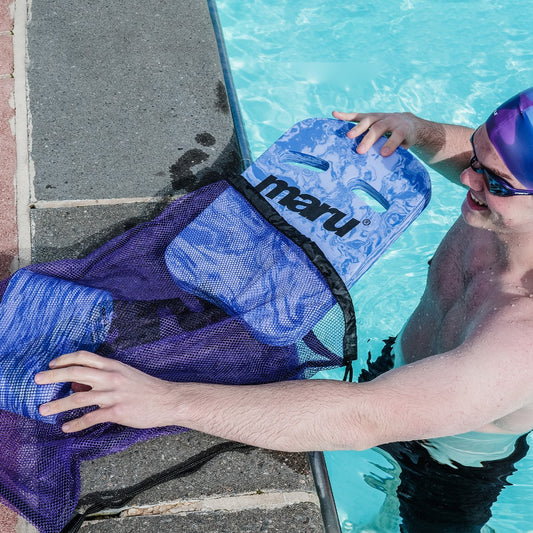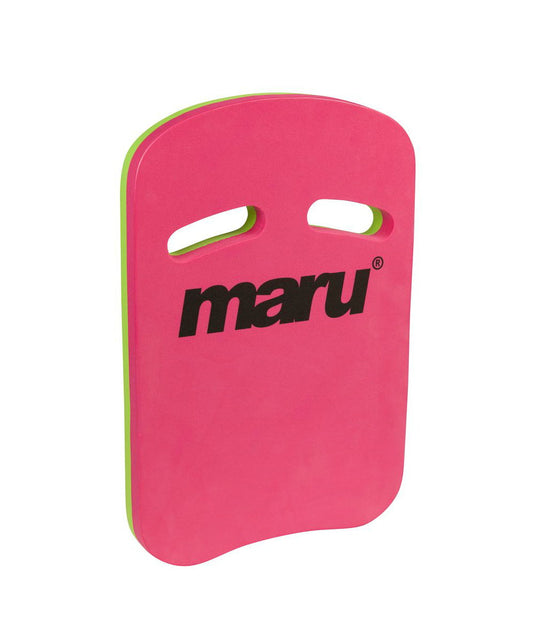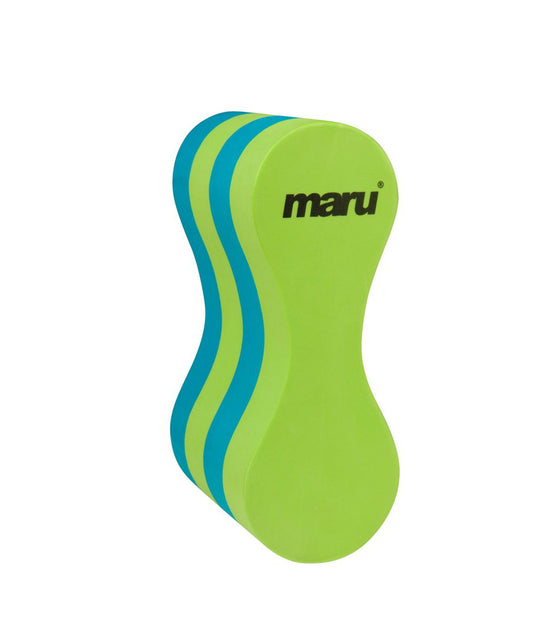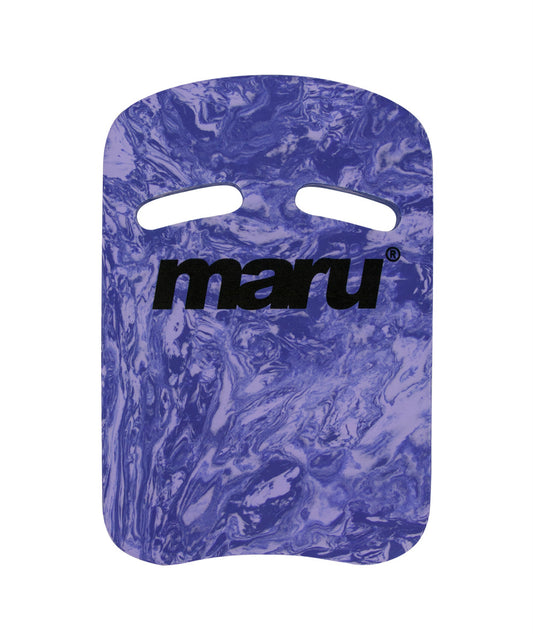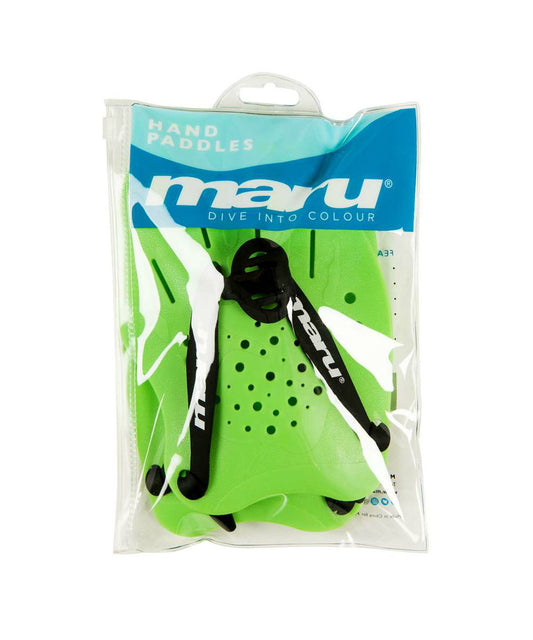Collection: Best Selling Maru Swim Equipment
-
Training Fins - Neon Lime/Black
Vendor:MaruRegular price £25.99Regular priceUnit price / per -
Training Fins - Pink/Black
Vendor:MaruRegular price £25.99Regular priceUnit price / per -
Mesh Bag For Swim Equipment - Pink
Vendor:MaruRegular price £9.49Regular priceUnit price / per -
Mesh Bag For Swim Equipment - Lime
Vendor:MaruRegular price £9.49Regular priceUnit price / per -
Kickboard - Blue and Pink Swirl
Vendor:MaruRegular price £15.99Regular priceUnit price / per -
Swimming Hand Paddles - Pink
Vendor:MaruRegular price £10.99Regular priceUnit price / per -
Kickboard - Blue and Lime
Vendor:MaruRegular price £15.49Regular priceUnit price / per -
Junior Pull Buoy - Pink and Lime
Vendor:MaruRegular price £10.99Regular priceUnit price / per -
Mesh Bag For Swim Equipment - Purple
Vendor:MaruRegular price £9.49Regular priceUnit price / per -
Sonic Mirror Anti-Fog Adult Goggles - Blue and Purple
Vendor:MaruRegular price £12.99Regular priceUnit price / per -
Adult Pull Buoy - Blue and Pink Swirl
Vendor:MaruRegular price £12.99Regular priceUnit price / per -
Kickboard - Pink and Lime
Vendor:MaruRegular price £15.49Regular priceUnit price / per -
Junior Pull Buoy - Blue and Lime
Vendor:MaruRegular price £10.99Regular priceUnit price / per -
Adult Pull Buoy - Dark Purple and Purple Swirl
Vendor:MaruRegular price £12.99Regular priceUnit price / per -
Kickboard - Dark Purple and Purple Swirl
Vendor:MaruRegular price £15.99Regular priceUnit price / per -
Swimming Hand Paddles - Lime
Vendor:MaruRegular price £10.99Regular priceUnit price / per

